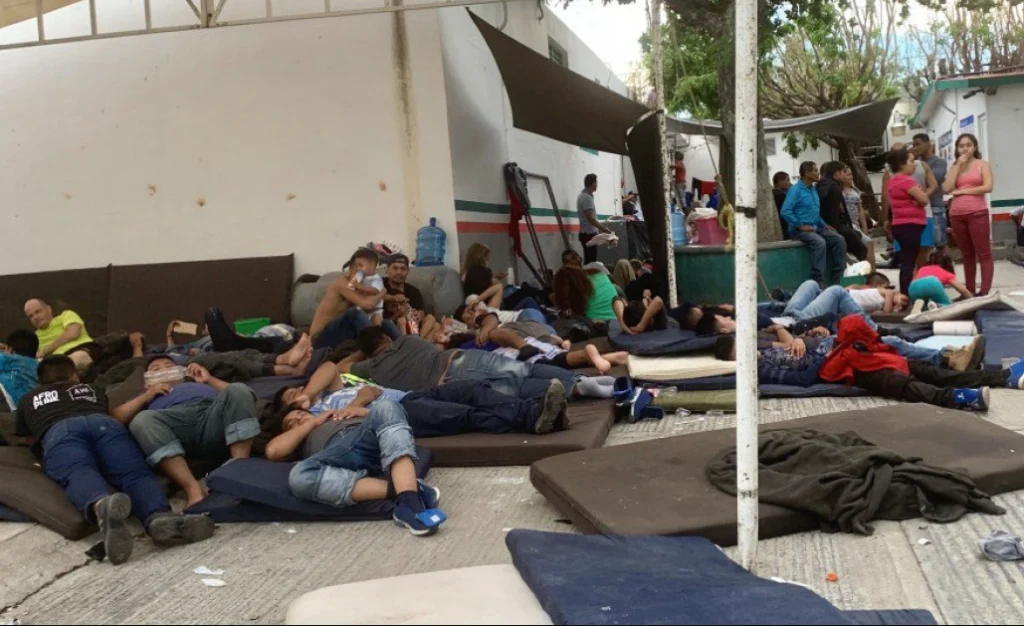
Approximately 600,000 Cubans were intercepted at the southern US border since October 2021, a higher number than any other mass exodus in Cuba’s history.
By Michael Lima Cuadra (Latinoamerica21)
HAVANA TIMES – In the latest round of migration discussions between Cuba and the United States, convened in Washington DC on April 16, 2024, the Cuban regime once again resorted to its well-worn scapegoat: the U.S. economic embargo. By attributing the recent mass exodus primarily to the embargo, the regime adhered to its decades-old tactic of deflecting internal issues onto external factors.
However, this repetitive narrative hides a stark truth: the staggering exodus is a direct consequence of a socio-political oppressive system that systematically renders individuals defenseless, depriving them of any means to escape their circumstances of misery and oppression.
Humanitarian Crisis and Mass Migration
Cubans today face a multi-systemic crisis due to Venezuela’s declining oil exports since 2019, the Cuban regime’s unpopular 2020 economic reforms, and the Covid-19 pandemic’s impact on tourism and remittances. This crisis has led to collapsing infrastructure, decreased purchasing power, currency devaluation, soaring inflation, and severe shortages of food, medicine, and housing.
As a result of this crisis, Cuba has experienced the largest migration in its history. According to the United States Customs and Border Protection Agency, roughly 600,000 Cubans were intercepted at the southern border since October 2021, a figure larger than any other mass exodus in Cuba’s history since the start of the Wars of Independence in 1868.
Cubans leave the island because they have no other option. The Cuban government, acting as the primary employer within an outdated centrally planned economic system inherited from the Soviet era, tightly controls the self-employed sector through high taxes and punitive fines. Self-employed workers need government permission to start their own businesses.
Various studies suggest that from the 1990s to the present, it has been a systematic trend and practice of the Cuban regime to significantly restrict the issuance of licenses to self-employed workers, leaving people in a state of powerlessness subject to the control of the state. Currently, there is a list of 124 prohibited private operating activities, encompassing key economic sectors and skilled professions. Furthermore, the prohibition of non-governmental organizations that could address poverty, humanitarian crises, inequality, racism, and other social conflicts in Cuba exacerbates the aver


